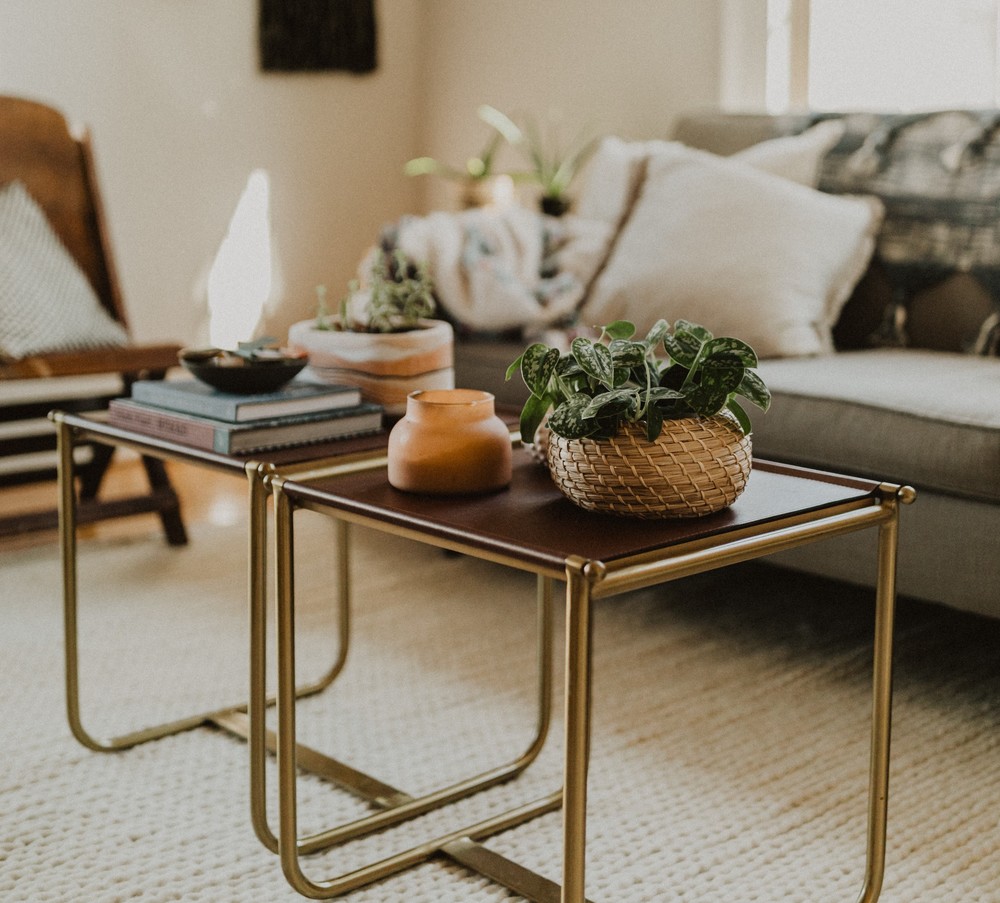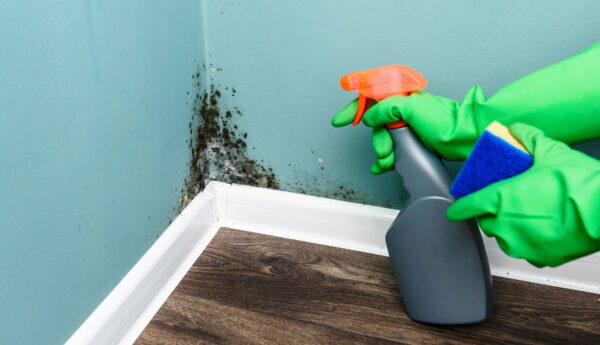Your home is, of course, an expression of yourself and your values. The longer you live there, the more of you it contains. It means you can tell a lot about a person from a quick look around their house. For example, according to psychologists, you can easily guess someone’s politics – Conservatives tend to live in neater and tidier homes with plenty of sports related paraphernalia. Those of a left wing persuasion tend to live in messier yet brighter environments.
Even the colour of your front door can be revealing – red says you’re likely to be outspoken, Green rather than blue is the colour of traditionalists. Black suggests you are reserved and blue is regularly chosen by the more relaxed types. Mind you, you have to be careful not to rush to conclusions – a calendar on the wall doesn’t necessarily mean you’re organised. Psychologists say if it’s not being used, it’s more about aspiring to being organised rather than actually being so! Interestingly, those people who are excessively tidy are not necessarily the most organised. Truly organised individuals prioritise the most important issues, rather than doing things like putting spices in alphabetical order.
There are also plenty of more obvious clues about the resident’s personality, such as the type of books and magazines they read. Do they like History? Art? Sport? Celebrity biographies or cooking? Photos on the wall will tell you whether they have family and their context will give you further hints as to what type of family they are. Are they sporty or adventurous? Cultural or fun loving? What can also be very revealing are the priorities given to different objects and areas – what is at the centre of the mantelpiece? How much space is devoted to particular hobbies or interests? Developers use this psychology in reverse, filling their show homes with aspirational objects, such as champagne in the fridge, luxury cosmetics in the bathroom and even filling wardrobes with expensive clothes.
And each room tells its own story. In the kitchen, is there enough seating at the table for a dinner party? If not, the owner may be more of an introvert than an extrovert. Even the type of coffee you find in the cupboard can tell you something. According to research, procrastinators have instant coffee, black coffee drinkers are more matter of fact and latte drinkers are people pleasers.
Moving on to the sitting room – like the kitchen/dining area, it is a public space, so it is where your décor puts on its public face, ie it’s what you want your visitors to see. Your wall colour choices, although they can be very affected by fashion, can also provide lots of clues. In very basic terms – red is for passion, orange for stability and warmth, green for calm, blue for intellect, yellow for energy. And black? Well, it’s probably best to make your excuses as quickly as you can…but, before you do, you should check out the cushions on the sofa – psychologists say stripy ones are the choice of a confident person, polka dots are preferred by the more fun types and animal prints are often chosen by creative people. And what about the paintings on the walls? These reflect the interests of the owner. So are they fun? Dark and moody? Abstract and interesting? Expensive statement pieces or Ikea standard issue?
The bedroom is our most intimate room and its décor reflects our more private desires. So is the bedroom romantic? Passionate red? Or maybe it’s a haven of soothing neutrals away from the hustle of everyday life. It is claimed that people who use lots of grey in the bedroom have half the intimacy as those who use purple. Photos carry even more significance here, because only the more personal ones are invited in. So who is important? Partners and children? If there are pictures of the owners themselves it is likely they are under 35. What about the mirrors? Are there lots of them to satisfy someone’s vanity? And the bed? There are some very obvious clues as to whether the bed is designed for passion or comfort, but perhaps a more subtle reveal is that those that make their beds in the morning are reportedly happier. A survey of 68,000 people by hunch.com found that 71% of bed makers considered themselves to be happy, whereas 62% of those who didn’t admitted to being unhappy!
So, next time you’re able to visit someone else’s house, try playing Sherlock Homes and see what you can deduce. Or you could check yourself out instead, using one of these fun home psychiatric tests listed below.
Oh, and one last thing, we didn’t bring area into it because we might be accused of bias if we claimed people who live in Acton tend to have very good taste!







